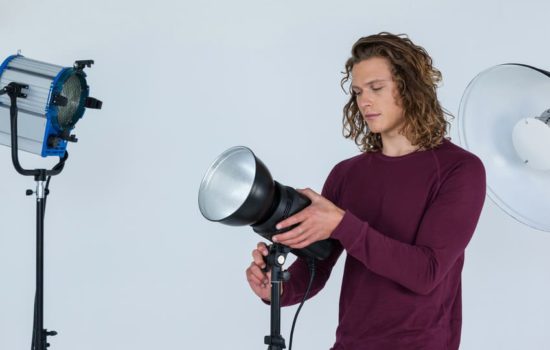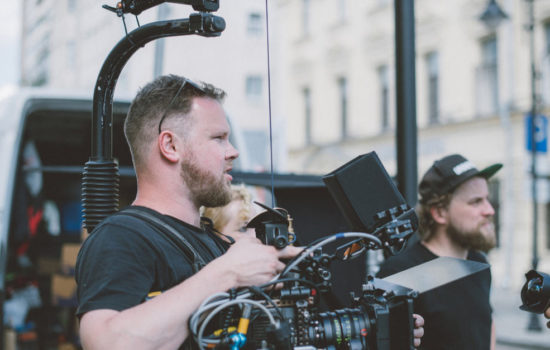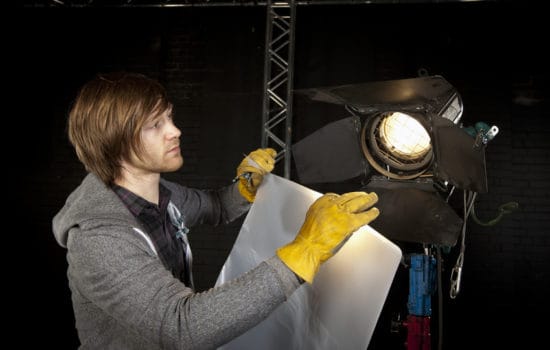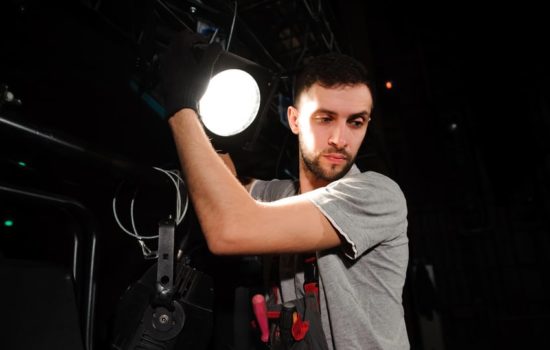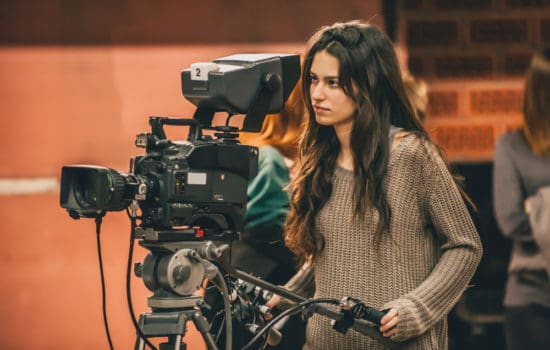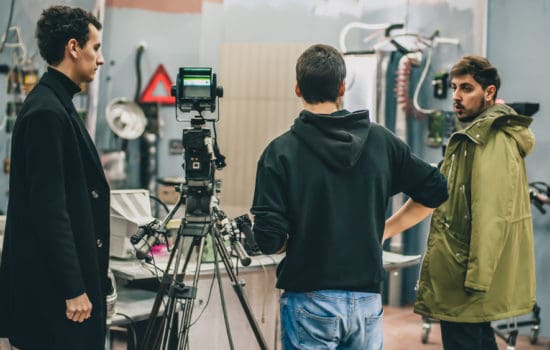Casting happens at the speed of light. One day you are juggling your day job with auditions and rejections, the next, you are on location in a makeup chair getting ready for your scene.
The minute you get booked, get to work. Learn your lines, do your homework and get plenty of rest. Trust me, the camera sees everything. If you stayed out too late, it will see it. If you don’t make choices about your character and your actions, it will see it.
If you don’t know your lines, you will slow the set down and cost the production money. No matter how small the role, take it seriously, be prepared and the camera will love you.
What are the 5 key acting skills?
Acting skills can include general attributes like line memorization or character analysis, but some consider acting skills to mean actual acting technique of which there are several.
Among the more popular acting techniques are the Stanislavski Method, the Method Acting Technique, the Meisner Technique, the Chekhov Technique, and the Practical Aesthetics Acting Technique.



